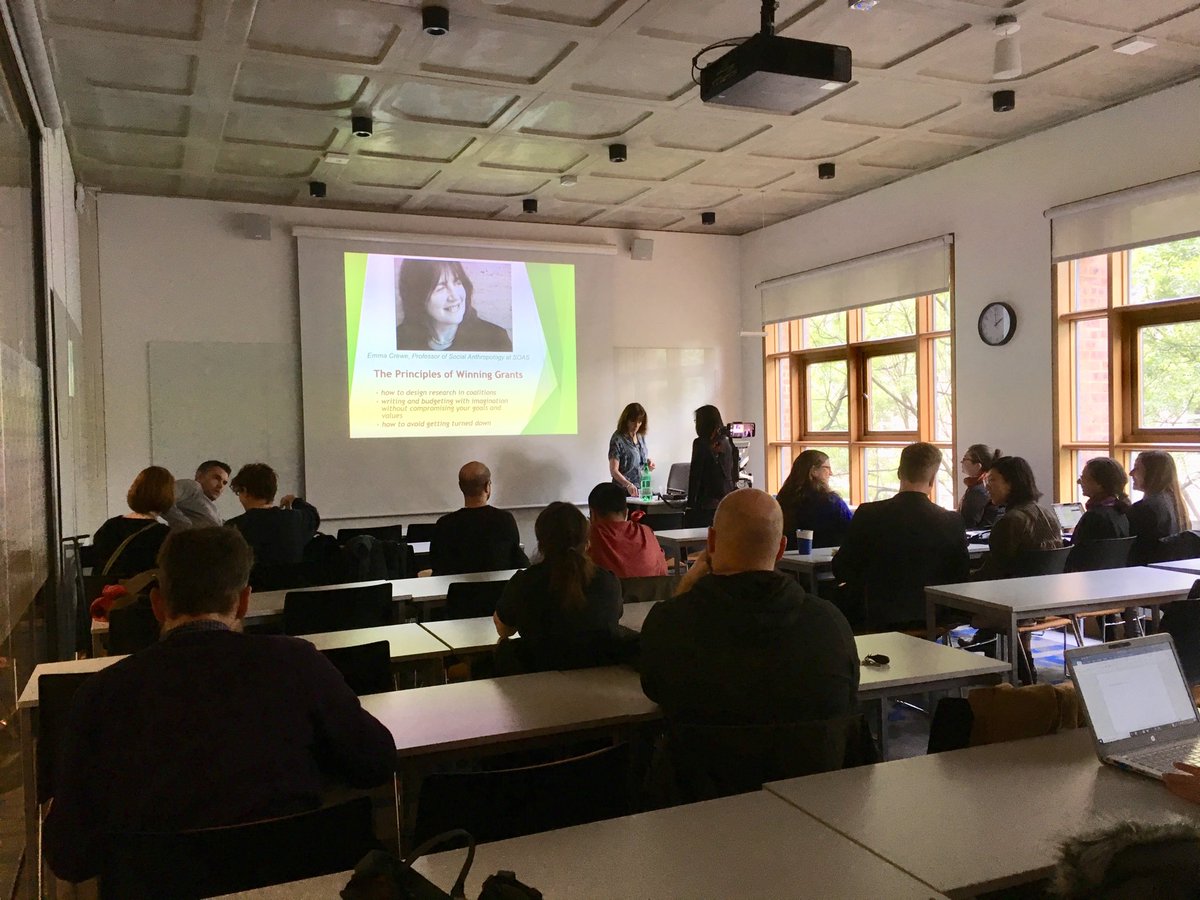You will see info on
- Possible sources of funding
- Internal, External scholarships, and Research grants
- How/where to search for scholarships
- How to position yourself for funding consideration
A thread.
So, as you begin your admission application it is not out of place to start thinking ahead about where the funds for the study will come from.
The proof of funds required for a Canadian study visa is at least the cost of first-year tuition and $10,000 CAD (for living expenses).
Details at bit.ly/2rrWLsV
1) Personal funds
2) University (internal) scholarships
3) External scholarships (from organizations/government)
4) Research Grants (from supervisors)
This is financial support by self, parents, relatives
Importantly, if funds are from a third-party (i.e an Uncle), it is highly advisable to prove that they have enough funds to support you & still cater to their own financial or family commitments at home.
You can also show proof that the individual financially supporting you has a history of doing so for you in the past.
Many Canadian universities have entrance scholarships for new students. You mostly do not need to apply separately, as considerations are made with the admission application.
It is, however, important to know what the uni/program offers.
To know available funding in a university, run a Google search with "university name & available student funding."
A Google search of "University of Saskatchewan Graduate Funding" will give you this bit.ly/34TnsVe
This was how I found the full Masters scholarship I got from Usask.
That way, I prioritized Usask because of the available funding for my program. Thanks to God, I got both the admission & scholarship.
Aside universities, there are lots of organizations/govt scholarships
Search using
- scholarshipscanada.com
- yconic.com
- univcan.ca
I'll regularly post this as I have more info. Stick around!
If you have an offer already, please make friends with the office staff in your department/program, they are your go-to for info about these scholarships & can provide you useful guide.
They are there to help you & give you the necessary information. If you are not in Canada yet, send them emails, they will respond!
This is where strategic positioning is needed. A lot of faculty members have research grants for particular studies.
If you are, for instance, required to find a supervisor before applying, it is advisable to let them know your flexibility.
In fact, if I had insisted on doing what I proposed alone, I may not have completed my Masters within 2 yrs.
Be strategic!
Those are the top 15 Universities where faculty members usually have good research grants.
If you have any question please reply below.
I also have some info to share very soon about Canadian study visa rejections & some things to do if refused, don't miss it.
Cheers!







